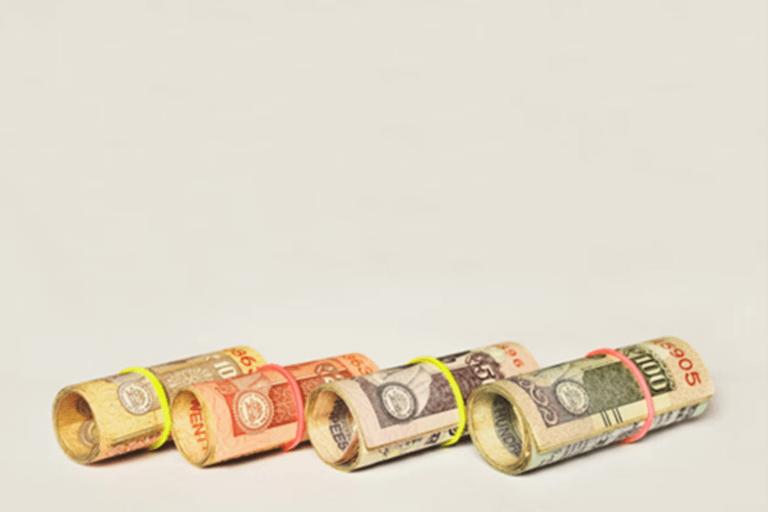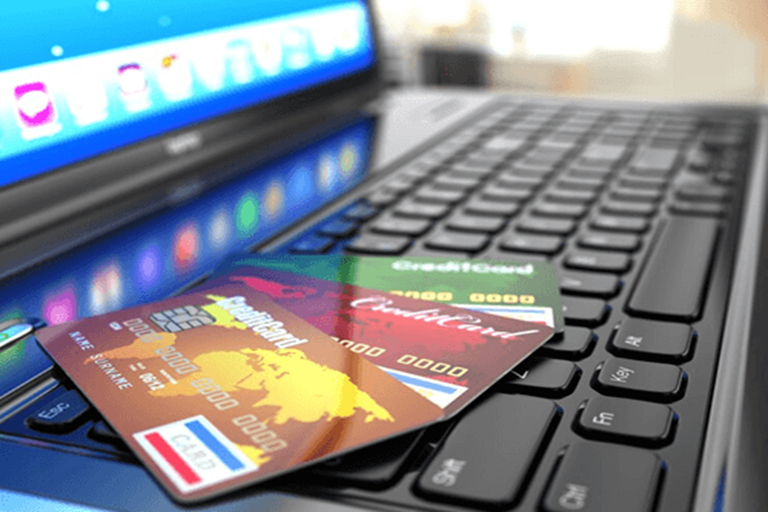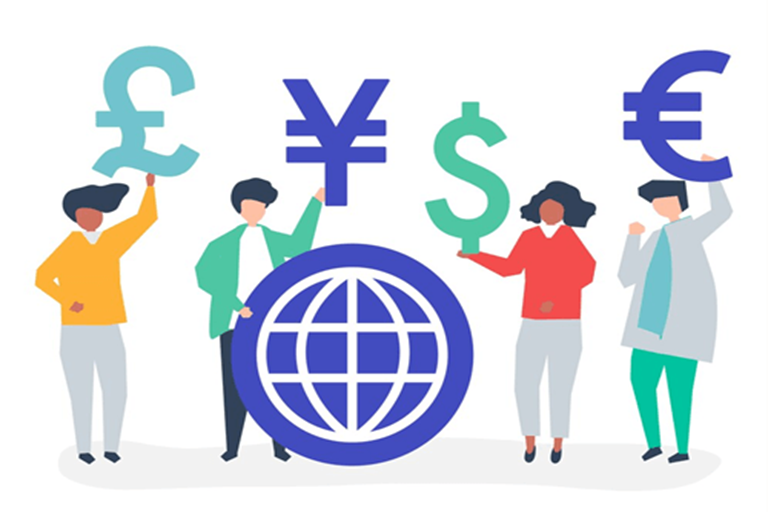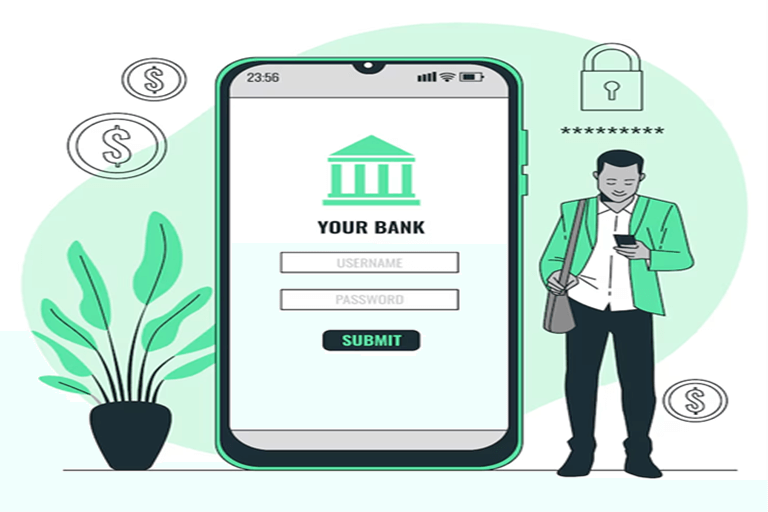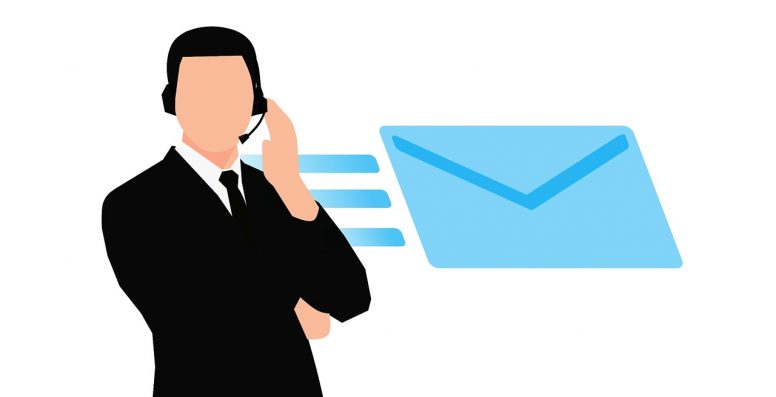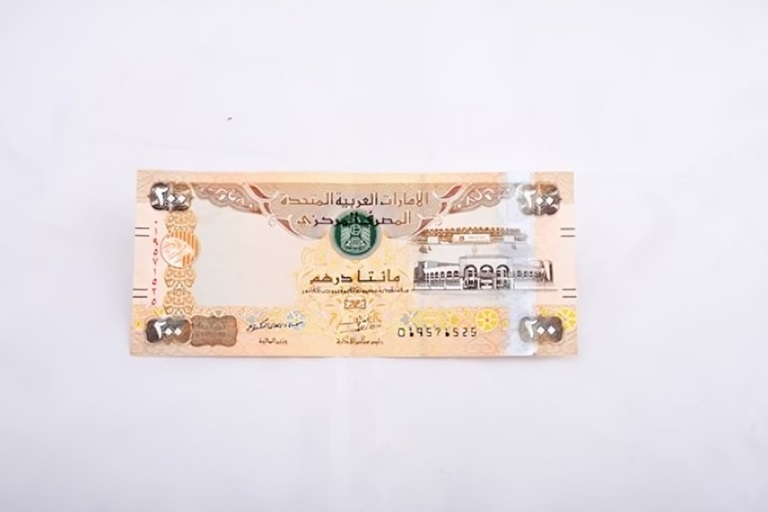
Finding Reliable Currency Exchange Services in Your Area
Table of contents
Whether you’re planning a vacation abroad or a business trip, one thing is certain – you’ll need foreign currency. The process of exchanging your hard-earned rupees into the currency of your destination can be stressful, especially if you’re unsure about where to get the best rates or which service to trust. Thus, it is necessary to understand what are the best currency exchange options available near you at all times when travelling aboard.
For Indian travellers, understanding how to find reliable currency exchange services in your area can be the difference between a seamless experience and one filled with hassles and unnecessary expenses.
In this comprehensive guide, we’ll explore all the options available for currency exchange in India, along with tips on how to ensure you choose the most reliable service near you when you are aboard. This guide will help you become more informed, prepared, and confident in finding the best currency exchange options for your travel needs.
Why Choosing the Right Currency Exchange Service is Important?
Exchanging currency involves converting your money at a specific rate, which can vary between providers, and even a small difference can significantly impact your travel budget. Additionally, using unreliable currency exchange services can lead to fraud, poor rates, or hidden charges that reduce your spending power. Therefore, choosing the right service isn’t just a matter of convenience—it’s a matter of maximizing your savings and ensuring your financial security.
We are sure the question of finding the right currency exchange services near you is puzzling and makes the journey abroad extra daunting, especially if you are a newbie to travelling. We have some of the best options available for your reference below:
Options for Currency Exchange in India
There are multiple ways to exchange currency in India, and each option has its benefits and drawbacks. Let’s explore the different options available for Indian travellers:
1. Banks

Banks are among the most reliable places to exchange currency in India. Almost all major banks, such as State Bank of India (SBI), HDFC Bank, ICICI Bank, and others, offer foreign currency exchange services. If you are looking for a quick and easy currency exchange option near you, banks are your go-to. Banks provide transparency, competitive exchange rates, and assurance of authenticity. Here are the key points about using banks for currency exchange:
• Pros: Reliable, regulated by the Reserve Bank of India (RBI), competitive rates, and convenient for existing customers.
• Cons: Banks often require you to hold an account, there may be limited availability for some currencies, and transactions may take longer.
To exchange currency through a bank, it’s best to contact them in advance to ensure they have the currency you need. Some banks may also require documents such as a passport and a visa, especially for higher amounts.
2. Currency Exchange Agencies
Private currency exchange agencies or money changers like Thomas Cook, Cox & Kings, Western Union, and Muthoot Forex are other popular options. These agencies specialize in foreign currency and provide a range of services, including currency exchange, traveler’s cheques, and travel cards.
• Pros: Faster services, availability of multiple currencies, competitive rates, and easy documentation.
• Cons: Rates can vary, and some agencies may charge high commission fees.
These agencies often have more flexible hours than banks, making them convenient if you need to exchange money quickly. However, to ensure reliability, choose a RBI-authorized money changer. Many of these agencies have online portals where you can pre-book currency at specific rates, which can also help you secure the best deal.
3. Online Currency Exchange Platforms
The digital age has brought about online currency exchange services, such as Thomas Cook, BuyForex, and FxKart. These platforms allow you to compare rates from various providers, book the currency you need, and even have it delivered to your doorstep.
• Pros: Competitive rates, ease of comparison, doorstep delivery, and the convenience of online transactions.
• Cons: Delivery might take a day or two, and you need a reliable internet connection.
These services offer a transparent and convenient way to exchange currency without having to visit a physical branch or agency. Thomas Cook, for example, often has better rates than local banks and offers the advantage of locking in a rate in advance. This can be particularly beneficial if you think that the currency’s value will fluctuate before your trip.
4. ATMs Abroad

Another popular option for Indian travellers is to use ATMs in the destination country. If you hold an international debit or credit card, you can withdraw cash directly in the local currency from ATMs abroad.
• Pros: Convenience, good exchange rates that are often close to market rates, no need to carry large amounts of cash while travelling.
• Cons: Foreign transaction fees, ATM withdrawal fees, and daily limits on withdrawals.
ATMs abroad are a great option if you don’t want to carry large amounts of cash. However, make sure to inform your bank before travelling, as sudden international transactions may lead to a block on your card. It’s also a good idea to understand the withdrawal fees and currency conversion charges before relying on this option.
5. Airport Currency Exchange Counters
If you’re running out of time and need foreign currency urgently, airport currency exchange counters are an option. Airports in India like Indira Gandhi International Airport (Delhi) and Chhatrapati Shivaji Maharaj International Airport (Mumbai) have several currency exchange counters.
• Pros: Available 24/7, convenient for last-minute needs.
• Cons: Higher rates and additional service fees.
The convenience of airport counters is offset by the poor exchange rates they often offer. It’s recommended to use them only as a last resort due to the higher fees involved.
6. Prepaid Forex Cards
Prepaid Forex Cards are another efficient option for Indian travellers. These cards can be loaded with multiple foreign currencies before you travel. Major banks like HDFC, ICICI, Axis Bank, and forex agencies like Thomas Cook offer prepaid forex cards.
• Pros: Safety, ease of use, favourable exchange rates, less affected by currency fluctuations, and they can be reloaded online.
• Cons: Reloading can sometimes take time, and there may be inactivity fees.
Forex cards are especially useful if you’re travelling to multiple countries, as you can carry different currencies in a single card. They also offer better exchange rates than cash, and using a card reduces the risk of carrying large sums of money.
How to Find Reliable Currency Exchange Services Near You?

With various options available, the question is: how do you find a reliable currency exchange service near you? Here are a few tips to guide you:
1. Look for Authorized Dealers: Always ensure that the currency exchange service is authorized by the Reserve Bank of India (RBI). Authorized dealers follow strict regulations, which makes them trustworthy and reliable. Whether you choose a bank, a money changer, or an online service, ensure that they are RBI-approved, and that the currency exchange service is near you, in case of emergencies.
2. Compare Exchange Rates and Fees: Exchange rates can vary significantly from one provider to another. Before making a decision, compare the rates offered by different services. There are several online platforms that allow you to compare rates across multiple banks and agencies, helping you secure the best deal. Keep in mind that lower rates often come with hidden fees, so always ask for the final payable amount.
3. Check for Reviews and Reputation: One of the easiest ways to find a reliable service is to check customer reviews online. Websites like Google Reviews and Trustpilot can give you insights into the quality of service, hidden charges, and the reliability of different providers. Word of mouth is also powerful, so ask friends and family about their experiences.
4. Avoid Last-Minute Exchanges: Last-minute exchanges can lead you to less favourable rates. Plan ahead, especially if you need a significant amount. This gives you time to compare rates and choose the best service.
5. Ask About Documentation Requirements: Reliable currency exchange services will always ask for necessary documentation, such as your passport, visa, air ticket, and PAN card. If a service doesn’t ask for documents, it might be involved in illegal transactions, and it’s best to avoid them.
6. Use a Combination of Services: To minimize risk and maximize convenience, you may use a combination of services, especially if you cannot find a reliable currency exchange service near you. For example, you can use a bank or Forex card for major expenses and carry a small amount of cash for tips and minor purchases. Using multiple services ensures that you always have access to money, even if one option doesn’t work out.
Step-By-Step Guide to Exchanging Currency in India
To make the process of exchanging currency as easy and efficient as possible, here’s a step-by-step guide that Indian travellers can follow:
Step 1: Determine Your Currency Needs
The first step is to determine how much foreign currency you’ll need for your trip. Consider your daily expenses, such as accommodation, food, local transport, shopping, and unforeseen circumstances. It’s often a good idea to carry a mix of cash and a Forex card for convenience and safety.
Step 2: Choose the Right Currency Exchange Option
Based on your needs and preferences, choose from the following options:
• Banks: Reliable but may require advance planning.
• Money Changers: Private agencies like Thomas Cook, BookMyForex, or local authorized dealers.
• Online Platforms: Use services like Thomas Cook to compare and book currency online.
• Forex Cards: Ideal for international travel. Contact your bank or a forex agency for details.
Compare exchange rates and service charges among different providers to choose the most cost-effective option.
Step 3: Gather Required Documentation
To exchange currency in India, you will need the following documents:
• Valid passport
• Travel Visa for the country you’re visiting
• Confirmed air ticket showing travel dates
• PAN card or Aadhaar card
Make sure to carry both original documents and copies, as some providers may need to keep a copy for their records.
Step 4: Book Your Currency
If you’re using an online platform or private agency, you can pre-book your currency at an agreed rate. This is useful if you’re expecting fluctuations in the value of the currency.
Many banks also provide pre-booking options where you can lock in a favourable rate and pick up the currency later.
Step 5: Exchange Currency at Your Chosen Provider
Visit the branch or outlet of the bank, money changer, or pick up from the airport if you pre-booked the currency. Ensure that you verify the exchange rate and count the amount you receive carefully.
If you’re opting for a Forex card, get it loaded with the desired amount. Most providers can do this instantly if you provide the necessary documents.
Step 6: Pay in Indian Rupees
You can pay for your foreign currency in Indian Rupees (INR) either by cash, bank transfer, or debit/credit card. Some online platforms even allow payment through UPI. Note that for large amounts (typically above INR 50,000), payment by cash is not allowed as per Indian regulations.
Step 7: Receive Your Foreign Currency and Receipt
After exchanging, always ask for a receipt. The receipt will detail the exchange rate, the amount exchanged, service charges, and the total INR paid. Keeping the receipt is crucial for record-keeping and may be required if you wish to reconvert unused currency after your trip.
Step 8: Secure Your Currency
Once you have your foreign currency, keep it secure. Divide your cash into different portions and carry them in different bags or wallets. If you’re using a Forex card, note down the card number and customer care information in case of loss or theft.
Step 9: Keep Emergency Backup
Consider keeping a small backup amount in your bank account linked to your international debit or credit card. This will provide additional flexibility if you end up needing more money during your travels.
Step 10: Check Post-Travel Currency Exchange Options
If you have leftover currency after your trip, most banks and agencies will allow you to exchange it back into INR. Ensure you keep your original receipt, as you may need to present it for reconversion. Some banks or agencies may charge a small fee for converting back.
Before embarking on your international journey, choosing the right currency exchange service can make a significant difference in your travel experience. By opting for reliable providers, comparing rates meticulously, and planning your currency needs ahead of time, you can enjoy your travels without worrying about financial hassles.
Table of contents
Our Forex Offerings
Trending blogs for you
 18002099100
18002099100



